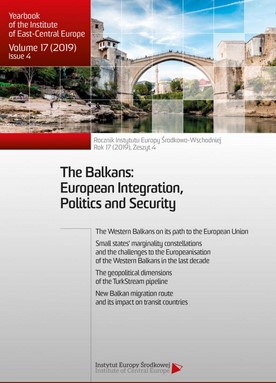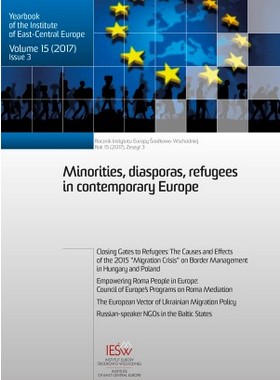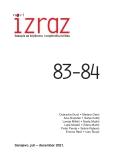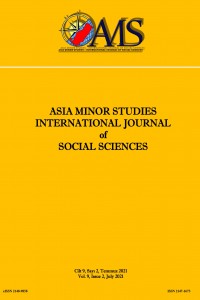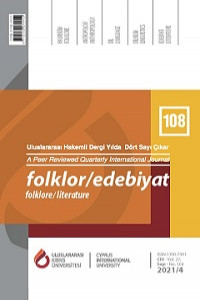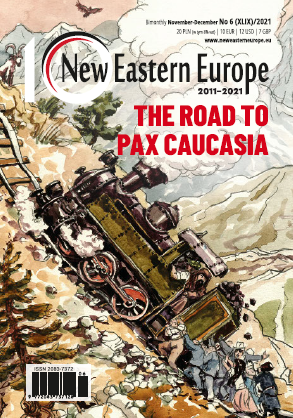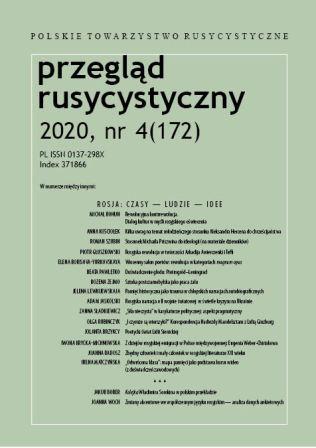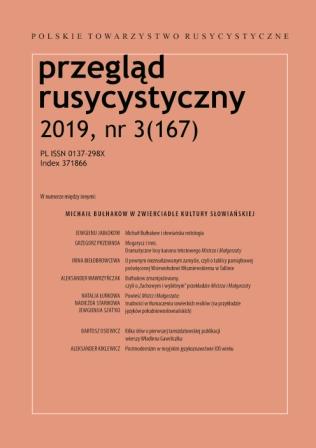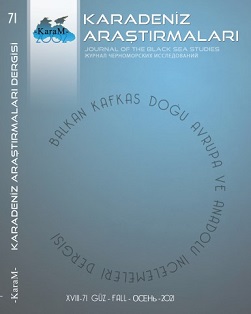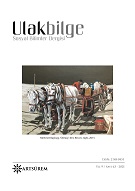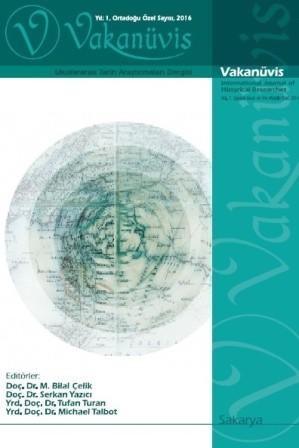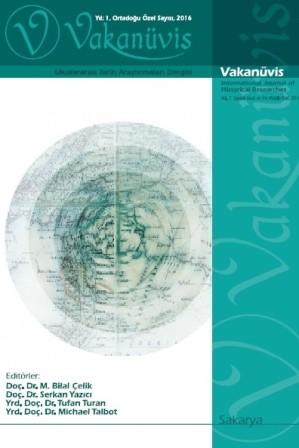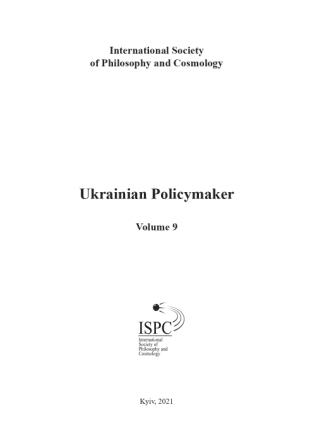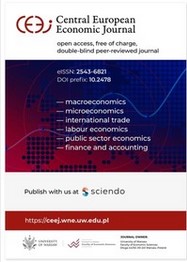
Migration and Welfare Systems – State of the Art and Research Challenges
Immigration is one of the heavily discussed subjects in modern academic and political debate. In recent decades, fiscal effects of international migration remained the centre of interest. The goal of this paper is to review and synthesise the available literature, devoted to the relationship between immigration and welfare systems, in order to present the state of the art in this area and draw conclusions for further research. Despite extensive literature, it is difficult to find an unambiguous answer to the question, whether immigrants are a burden or an asset to the state with redistributive policies. Moreover, some of the assumptions and approaches widely used in presented articles appear too simplistic or even unfounded.
More...
